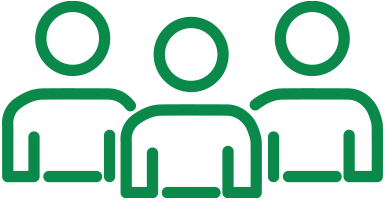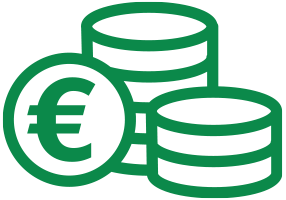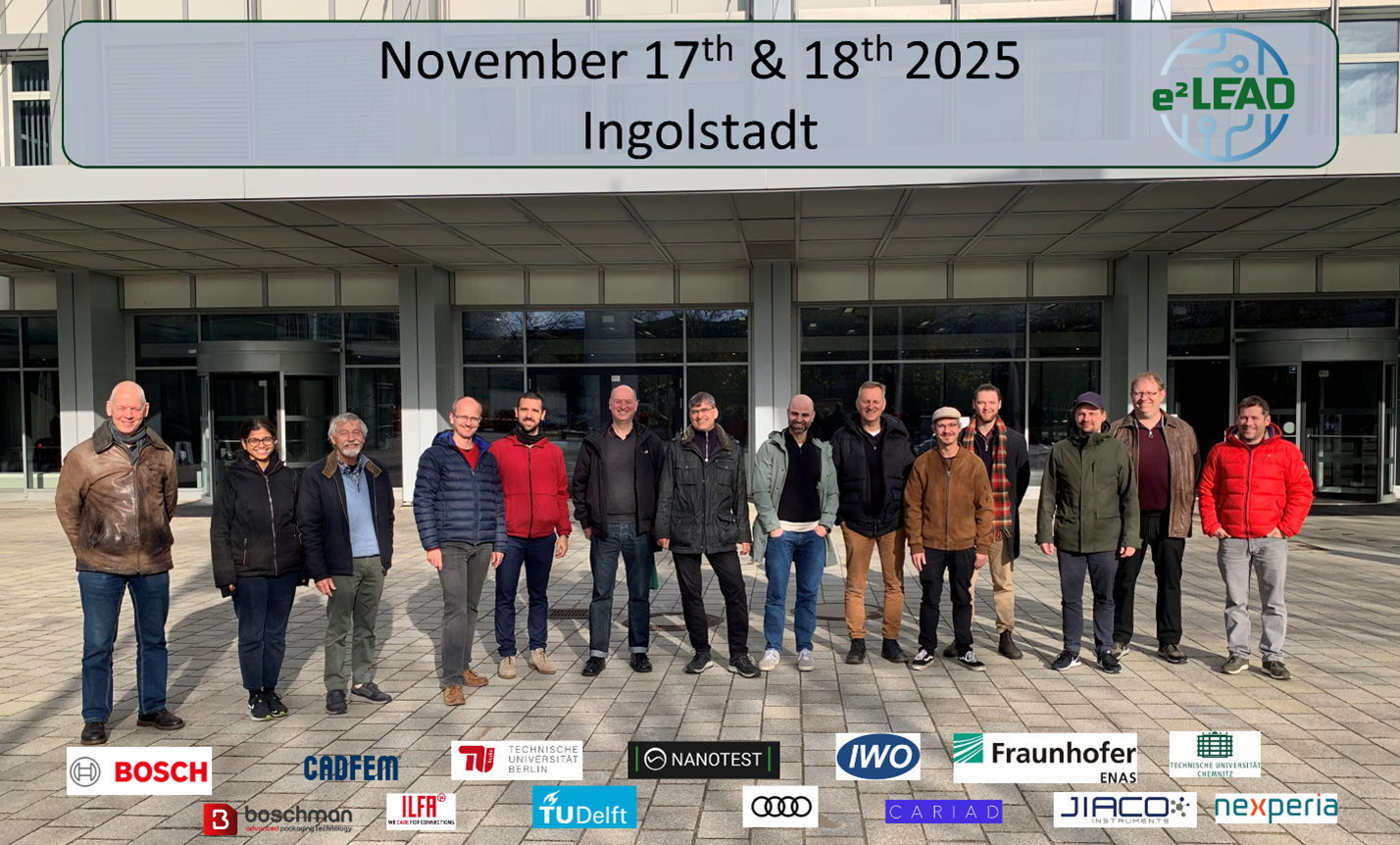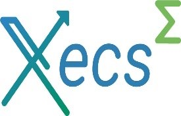e²LEAD
Enabling EU Leadership in automotive ECU for future Autonomous Driving

Project Facts

Project Lead
BOSCH

Countries
2

Partners
14

Costs
>9 Mio. €

Research Area
Transport and Smart Mobility

Duration
36 Months
Latest News
11/2025 e²LEAD - Project Meeting Ingolstadt

On November 17th and 18th the e2LEAD partners came together once again align on the upcoming tasks for testing and validation of the demonstrator. This time, Cariad and Audi hosted us at their state-of-the-art facilities in Ingolstadt. During the two-day meeting, we shared updates on the current project status and then split into focused working groups to coordinate the collaboration needed for the upcoming testing activities. Discussion also covered the implementation of the second demonstrator, which will feature an advanced chiplet.
After the productive sessions, we had the privilege of visiting Audi’s headquarters and production plant. Witnessing the entire process of building an Audi—from metal perforation to final assembly—was truly impressive and inspiring.
Partners



















